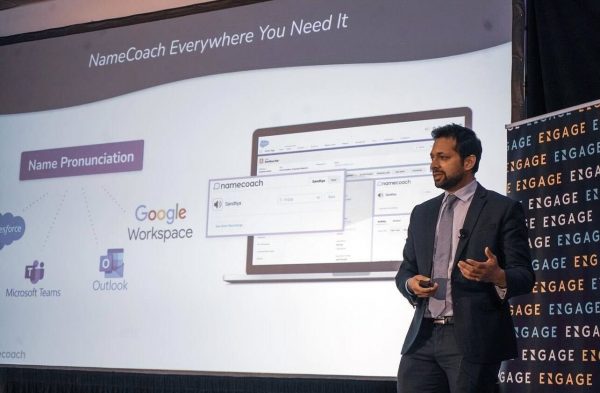
In the educational setting, correctly pronouncing students’ names is an essential component of creating an inclusive and respectful environment. Correctly pronouncing names acknowledges their significance to individual identity. Educators who prioritize accurately pronouncing their students’ names are fostering a supportive community in their classroom, where everyone feels comfortable and valued for who they are.
| Key Takeaways |
|---|
|
Recognize the Significance of Names
Every person’s name is an integral part of their identity and, oftentimes, reflects their cultural heritage. When educators take the time to learn and correctly pronounce students’ names, they acknowledge and respect this aspect of their identity. This recognition is crucial in fostering an inclusive classroom environment.
Acknowledging the Complexity
Names can be complex and challenging to pronounce, especially if they come from a different cultural or linguistic background. It is essential for educators to recognize this complexity and be willing to learn the correct pronunciation. Doing so demonstrates respect for students’ backgrounds and encourages a supportive community.
Emphasize the Importance
Researchers Rita Kohli and Daniel Solorzano have highlighted the adverse impact of mispronouncing a student’s name. It can negatively affect their worldview and social-emotional wellbeing. Emphasizing the importance of properly pronouncing the names of their classmates to your students enforces the idea that it is a sign of respect. As educators, this is important when forming the minds of our students, and teaching them skills that they will use throughout their life.
Establish a Welcoming Classroom Environment
Creating a welcoming and inclusive classroom environment is essential for student success. Educators can achieve this by encouraging students to share the correct pronunciation of their names using tools like Namecoach. The name pronunciation generator allows students to record their name right within their Learning Management System, so educators can refer to the student-provided recording to learn to say their name. Once a student has recorded their name with Namecoach, it’s accessible across courses within the same LMS, so all educators and administrators can learn to say it correctly.
Take the Time to Learn and Practice
Learning and practicing the correct pronunciation of students’ names is an ongoing process. Educators can use tools like Namecoach to practice outside of the class and encourage a supportive community where students feel comfortable correcting pronunciations. Modeling respectful behavior by using students’ provided names, apologizing for mistakes, and encouraging students to support each other in learning and pronouncing names correctly contributes to a more inclusive educational experience.
Correctly pronouncing students’ names is essential for creating an inclusive and respectful learning environment. Educators should embrace the challenge of learning and practicing name pronunciations, as their efforts are appreciated and contribute to a more inclusive educational experience. By recognizing the significance of names, acknowledging the complexity of pronunciation, and emphasizing the importance to the whole class, educators can ensure that all students feel valued and respected in the classroom and can positively affect students’ worldview and social-emotional wellbeing, fostering a more inclusive and diverse society.









